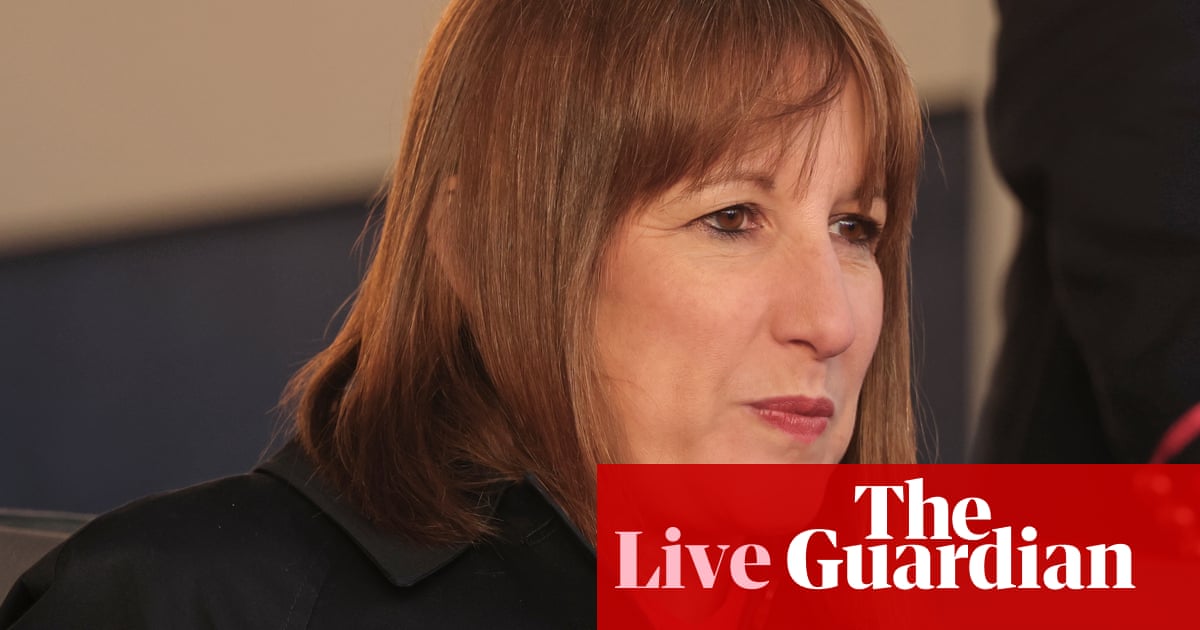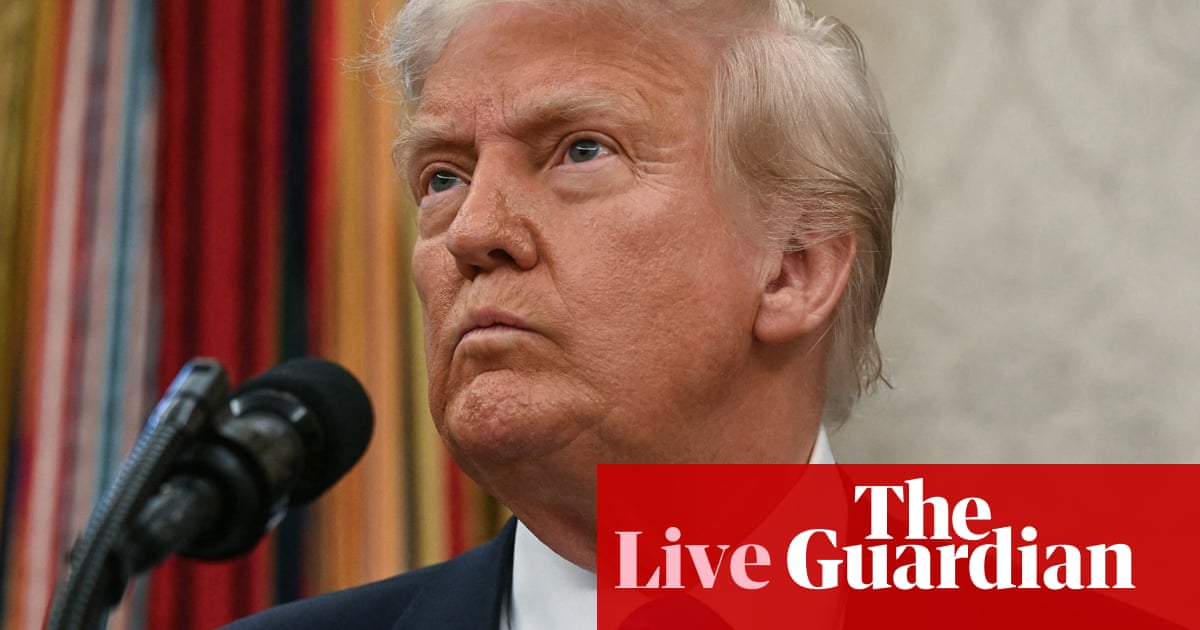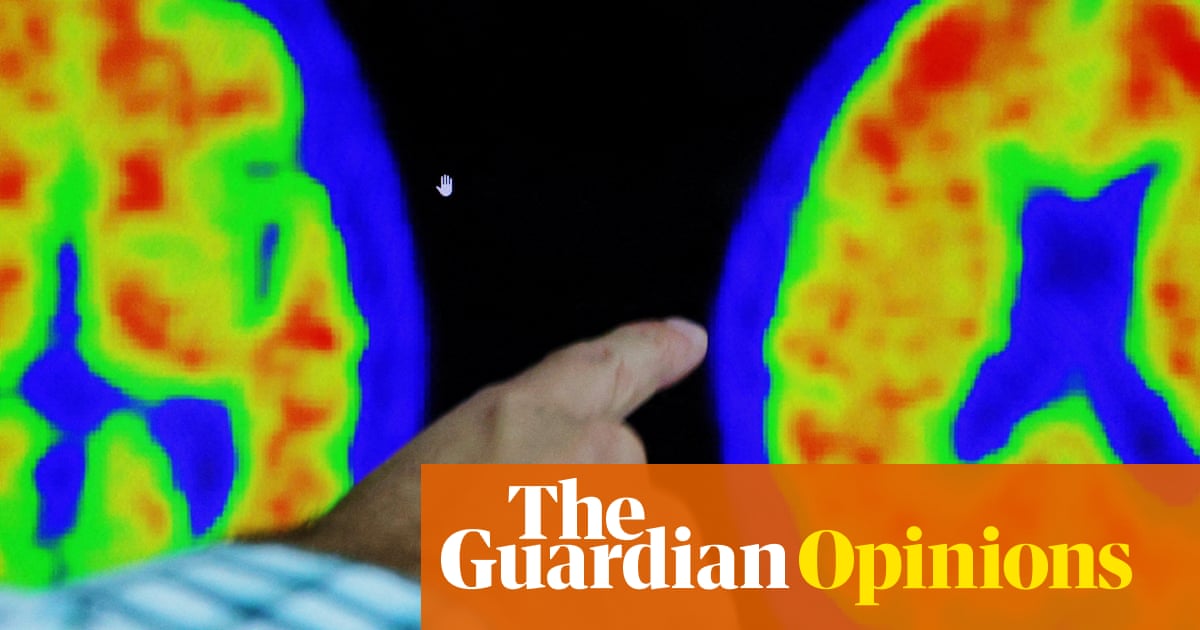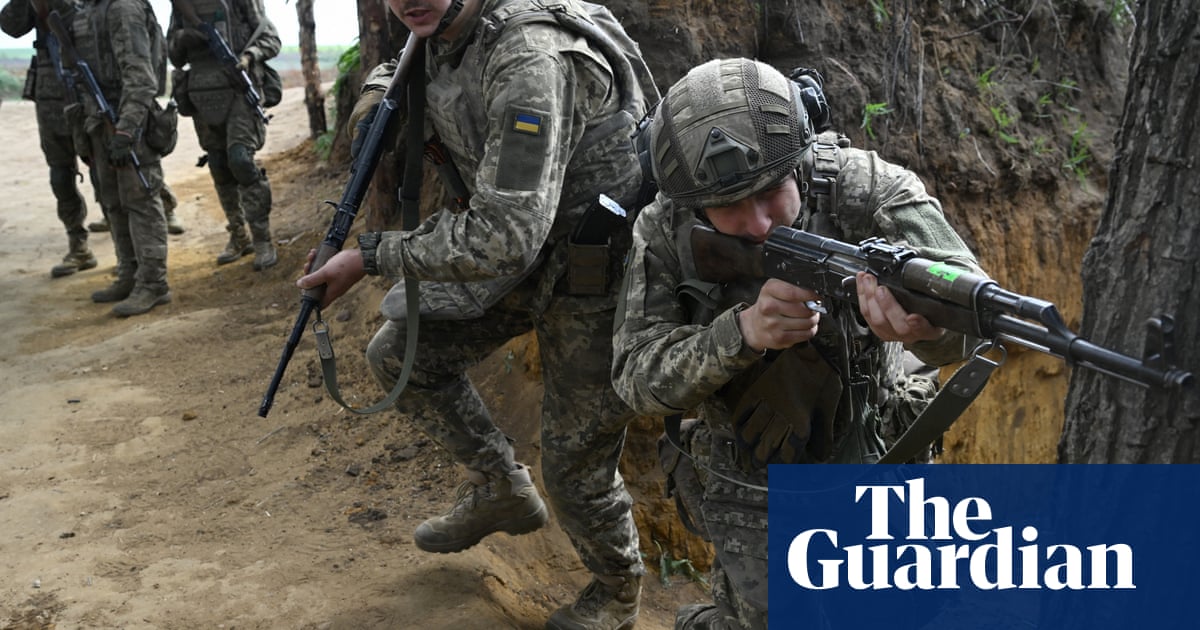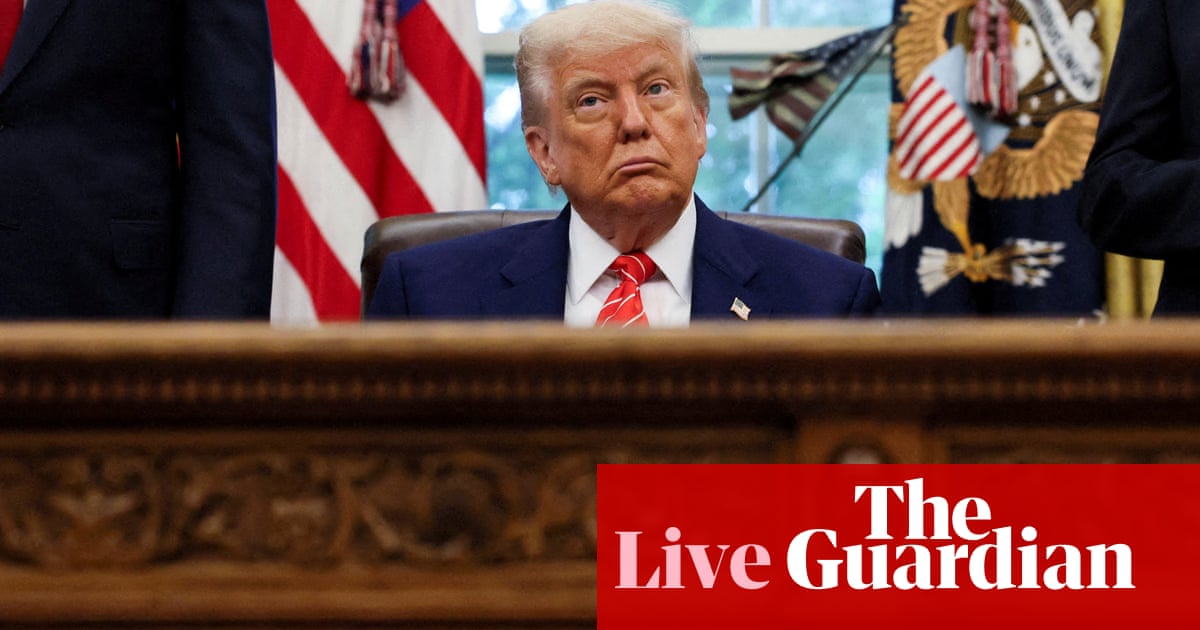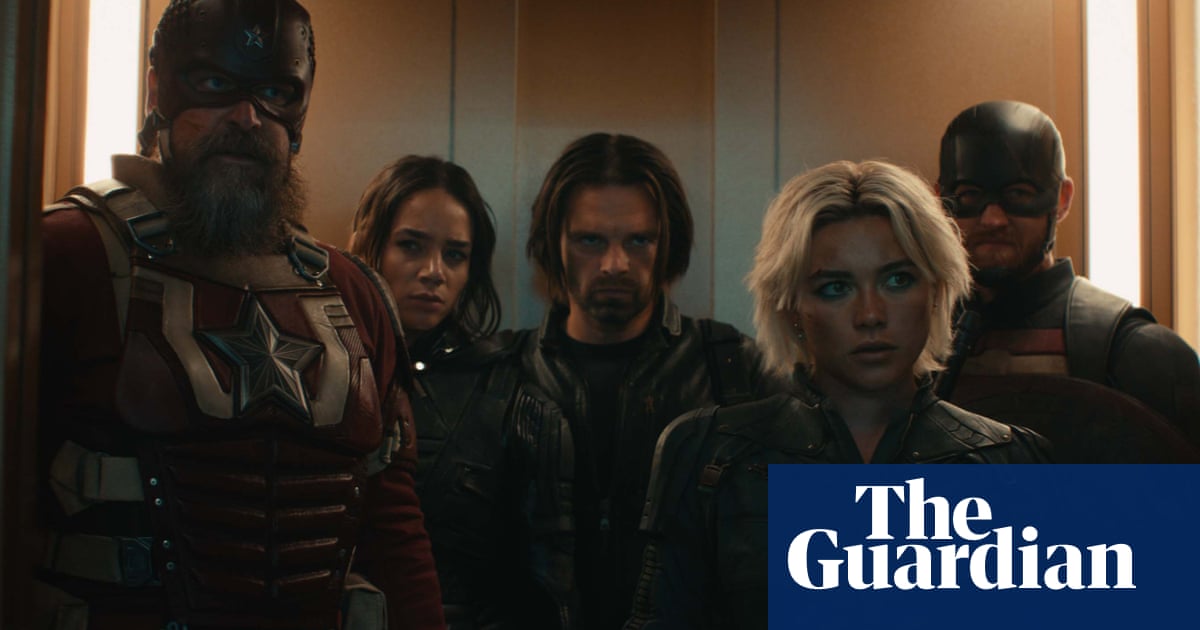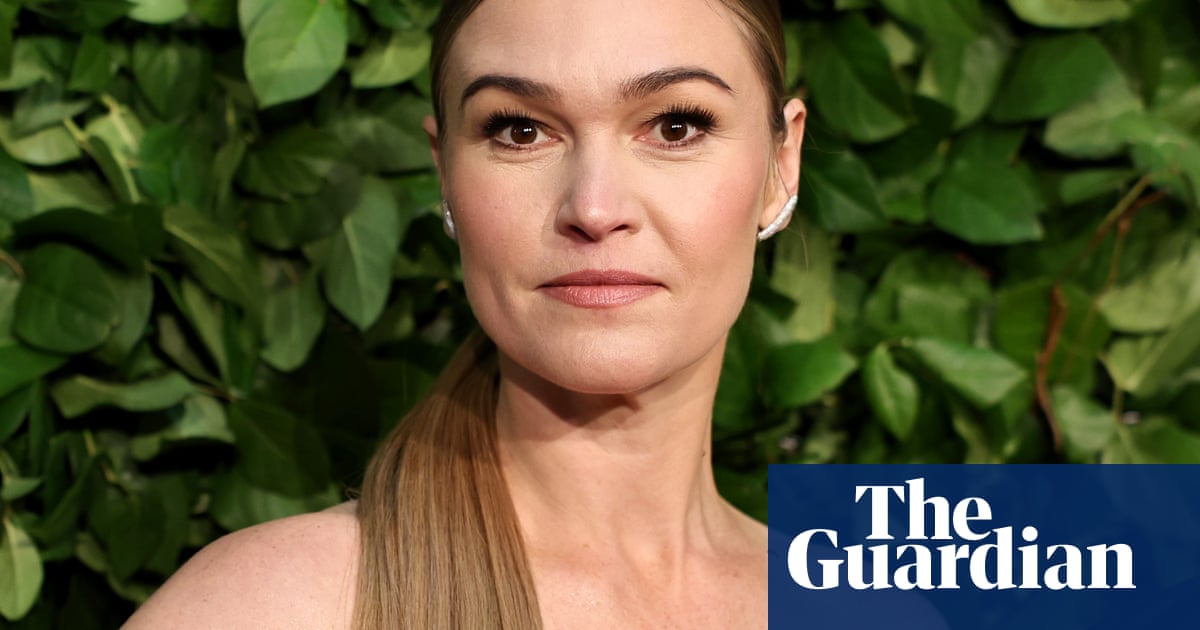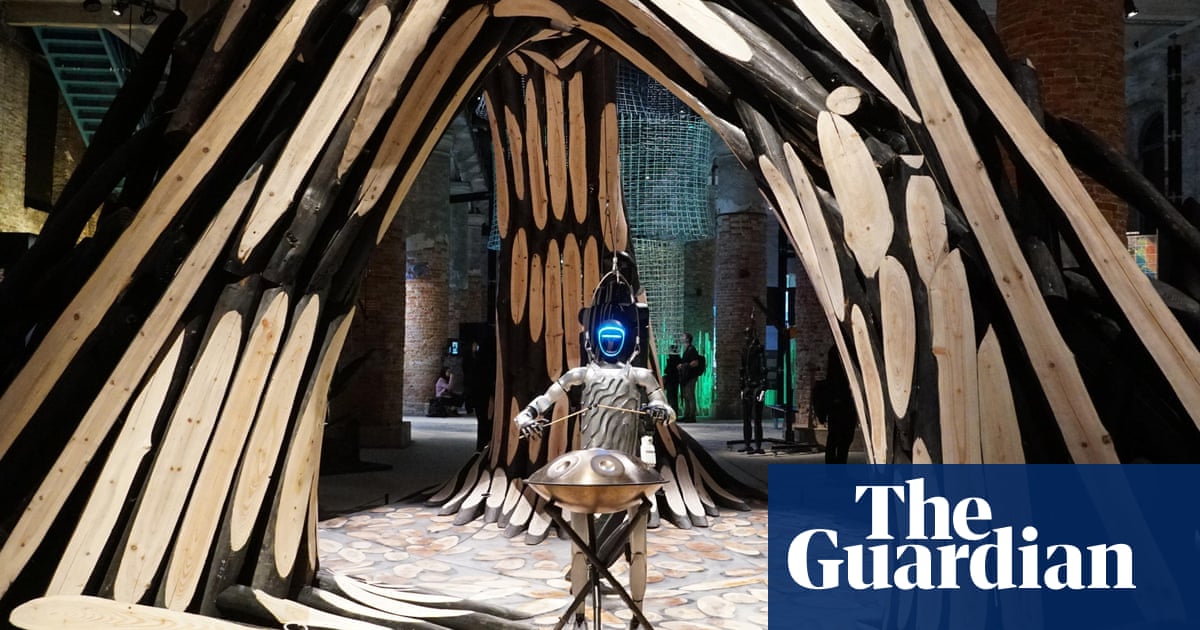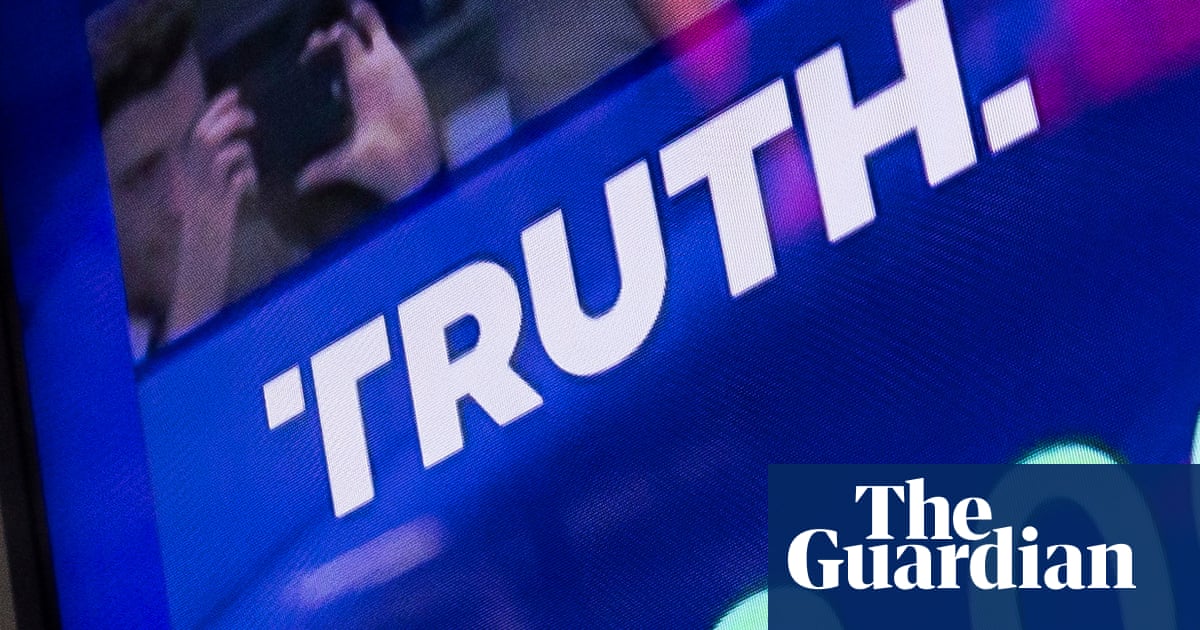Art mirrors life on the Netflix show Zero Day, a tense political thriller for Donald Trump’s second term. There are mobs on the street and far-right trolls on TV. There’s a billionaire making mischief and a state of uproar in Congress. Robert De Niro stars as ex-president George Mullen, whisked out of retirement to investigate a crippling cyberattack. Mullen is dogged and courageous, but he’s a man of the past, not quite on his mettle. His daughter thinks he’s out of touch. “The world has changed in ways he doesn’t understand,” says his wife.
I’m excited to talk to De Niro about Zero Day and its real-world echoes. The show’s politics are what drew him to the project. The actor has made no secret of his disgust and loathing for Trump. But our Zoom interview comes with constraints. Netflix have requested that there be “no personal or political questions” and have dispatched a pair of publicists to serve as chaperones. Even ex-presidents and movie stars have to work within a wider system. Sometimes it gives them freedom. At other times, maybe not.
De Niro beams in from his home in New York. He looks the very ideal of an 81-year-old man: trim and handsome, with platinum hair and professorial specs. There is a potted fern by his head and a barking dog at his feet. One good thing about making Zero Day was that it kept him close to his infant daughter Gia, the youngest of his seven children. At his age, he has learned to choose his roles more carefully. “I had another thing offered to me over in eastern Europe recently. It was a terrific script but I couldn’t make it work and one of the sticking points was the location.” New York shoots are the best, he says. “It’s important, it helps, especially with kids and so on.”
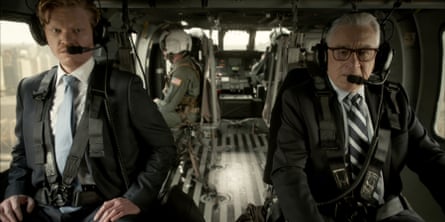
Everyone will have their favourite De Niro performance, whether it’s silken Vito Corleone or toxic Jake LaMotta; the harried bounty hunter from Midnight Run or the traumatised Green Beret from The Deer Hunter. Naturally, the actor has his own favourites. Yesterday he was at a school fundraiser and the other parents – all much younger than him – were clamouring to discuss his role in Martin Scorsese’s Taxi Driver, which was nice and strange, because there is no way of predicting which films will last and which won’t.
“I mean, we always liked that script,” he says. “We thought it was special. Marty and myself, and Paul Schrader who wrote it. But after that you never know. So there’s [Taxi Driver], obviously, but there are other ones, too. The Godfather II, Raging Bull, King of Comedy. Everything I did with Marty Scorsese. Roland Joffe’s The Mission. David O Russell, Barry Levinson.” He shrugs. “I’ve been lucky to work with these great directors.”
Zero Day is no Taxi Driver, but it makes for a fine autumn flourish. Netflix’s thriller was devised by a pair of political journalists – the New York Times correspondent Michael S Schmidt and former NBC producer Noah Oppenheim – and depicts a United States that can be switched on and off like a light. Shadowy malware knocks out the air traffic control system and redirects trains on to the same stretch of track. The country panics, conspiracy theories abound and the crisis plays out over six precision-tooled episodes. It’s a big, glossy production with myriad subplots and an ensemble cast. But De Niro is the linchpin and brings the whole thing back to centre.
He’s always thought of himself as a big-screen actor but knows TV has changed and figured this might be a good time to dive in. The average film shoot can feel like a sprint; this felt more akin to a marathon.
“It’s like doing three features at once,” he says. “I likened it to being in the Channel between France and England and looking back. I can’t see France any more and I can’t see England. So I’ve got to keep swimming, staying up with the scenes, the endless information, the thrust of the story. Stay ahead of it, stay on it. So it was a whole other kind of experience for me.”
His hero, George Mullen, is a one-term president who bowed out in the wake of a family bereavement. He’s imperfect but decent; an old-school public servant. “I had the idea of a president who was trusted, well-liked, and who told the truth as much as he could,” says De Niro. “He’s a person who tries to be straightforward. Who has no agenda other than to do the right thing.”
I ask if Mullen is based on anyone in particular and he says that no, he’s really not; maybe Joe Biden very slightly. I say that he reminded me more of Jimmy Carter, a much respected commander-in-chief, and he accepts that there may be some truth in that.
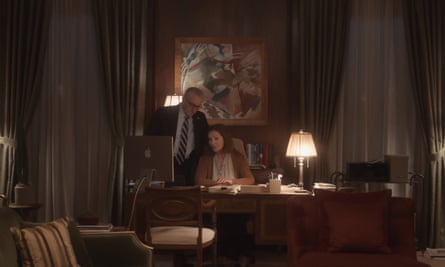
“Well, Carter was a great president. He was a good person, a kind person, empathetic. No one really gave him credit until the end. But that was important to me, that he was a good person. I didn’t know this [at the time] but I watched interviews about him that say he was also a little standoffish, an outsider in certain ways, and that’s interesting to me, too.”
One president whom Mullen emphatically doesn’t resemble is Donald Trump. De Niro despises Trump on an almost visceral level. He has been one of the man’s most outspoken public critics. He’s called him a pig and a punk and a con artist and a dog. He’s called him a jerk and a mutt, a real-estate hustler and a two-bit playboy. But today he’s saying nothing. He is courteous but seems wary. The publicists ping me a message suggesting I return my focus to the show.
The best artists – the best actors – are hot-wired to their times. De Niro, arguably more than any other living actor, embodied the turbulent last decades of the American century. His golden years were entwined with Vietnam and Watergate, spiking crime rates and a borderline bankrupt New York City. So he’s familiar with political instability, with division and anger and a sense of chaos. But I get the impression that the situation under Trump (the tariffs, cuts and firings; the repurposing of the federal government) is different. More than that, I suspect he thinks it’s without precedent.
“Well, I’d ask you that,” he shoots back. “Do you think it is?”
“I think it is,” I tell him. “But I don’t have your reach of history.”
“Yeah, you’re a lot younger than me.” He pauses. “But it is unprecedented. It is. It just is. As we all know.”
Is he hopeful or despairing? “I’m not despairing, because I always look at the bright side and hope that things will right themselves and that people will appreciate goodness and empathy and will try to do the right thing. So I can’t help but think that.” Another pause. “Some people look at [things] differently. They have different values. That’s disturbing to me. I don’t understand it. But I just have to look at things in an optimistic way.”
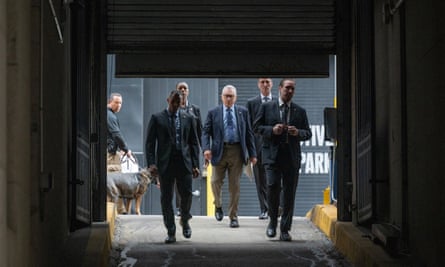
De Niro’s Zoom window is minimised and one of the publicists drops in. “Sorry to interrupt,” she says. “But can you just bring it back to show questions?”
Michael S Schmidt – Zero Day’s co-creator – is still on staff at the New York Times. Last month he filed a story about the president’s threatened reprisals against his perceived enemies. Schmidt and his co-writer Glenn Thrush contacted more than two dozen of Trump’s most vehement public critics. Almost all, they said, now declined to speak up in case it made them a target.
I mention this article to De Niro and make one last attempt. “I’m wondering,” I say, “if you’re now feeling you need to be more careful about what you say.”
He has no time to answer. The publicist pitches in. “No, no, no. Sorry, Xan, I’m really sorry but we agreed this. Can we just go back to the show because we don’t have much time.” And that is the end of our Trump conversation – inasmuch as it ever became one at all.
I’ve had car-crash interviews in the past and I’m unsure this quite qualifies as one. It’s too polite and well-managed; the tone is faintly apologetic. It’s not even clear who is in the driving seat here. Is it the actor’s decision not to discuss Trump with the press or does his contract have him muzzled? Either way it begs an obvious question. If De Niro – a world-famous two-time Oscar-winning millionaire – no longer feels he is able to speak out, one wonders who in the US does.
In Zero Day, De Niro effectively plays the role of backstop, the US’s last line of defence. President Mullen’s Secret Service codename is Legend. Colleagues describe him as a knight in shining armour. He is old and exhausted, but his values are sound and he’s still up for a fight. We need heroes like that, says De Niro, both on TV and in films. “And in the real world, yeah, of course.”
Zero Day is on Netflix from 20 February.

 2 months ago
39
2 months ago
39
